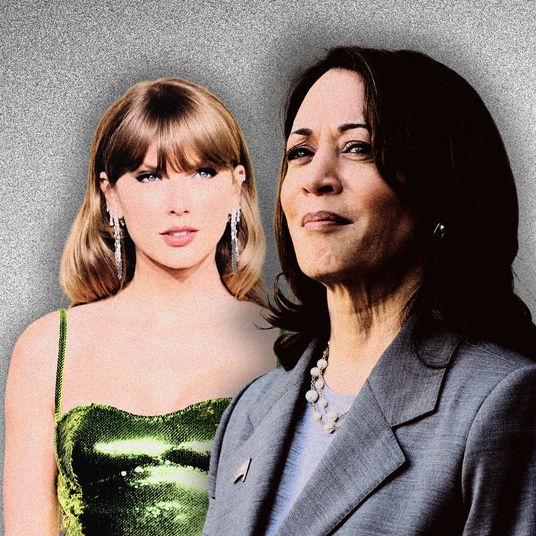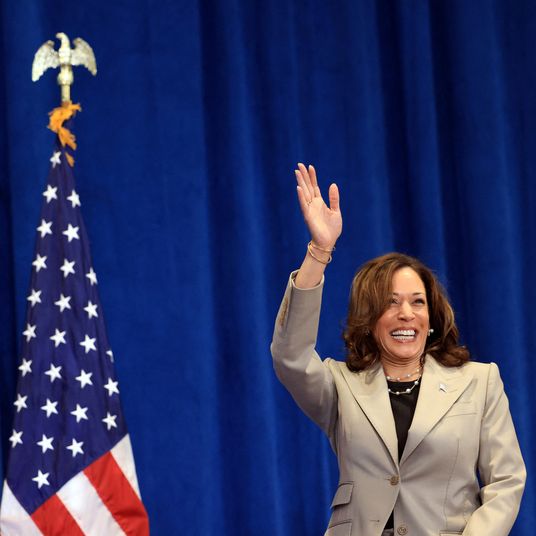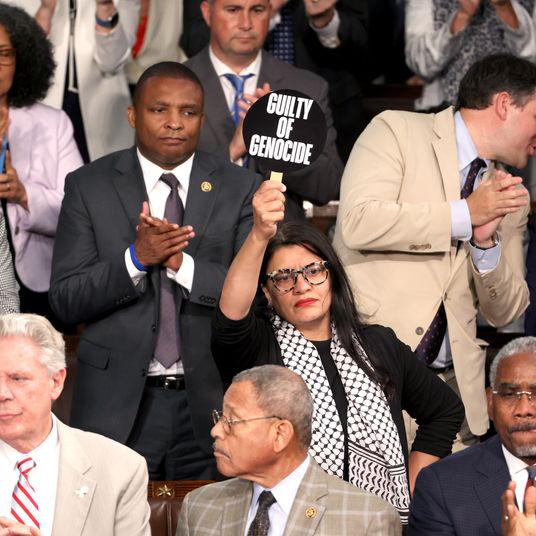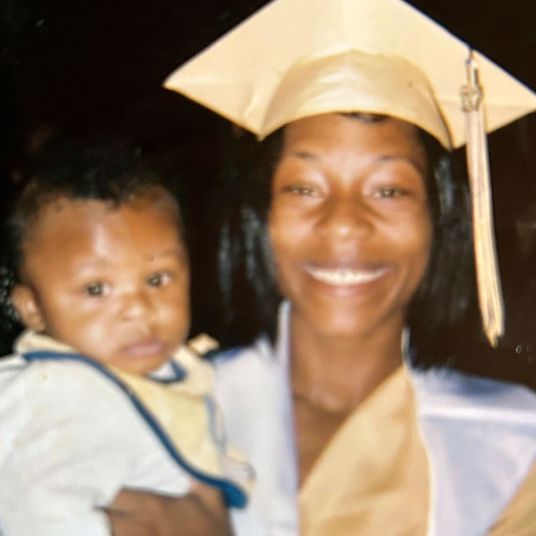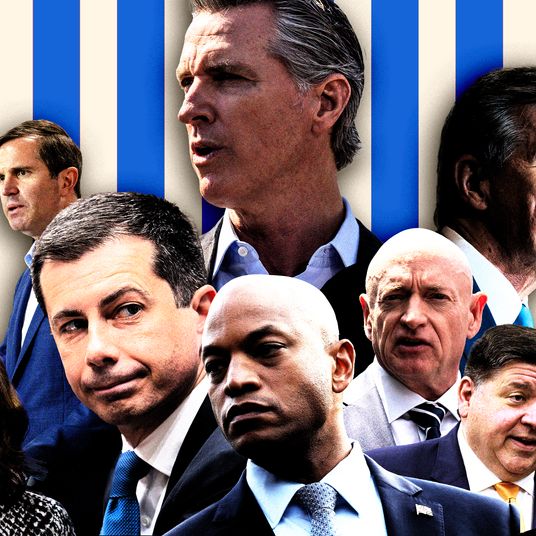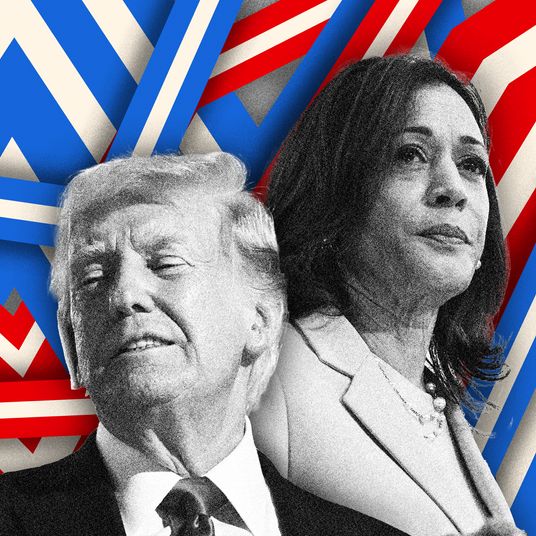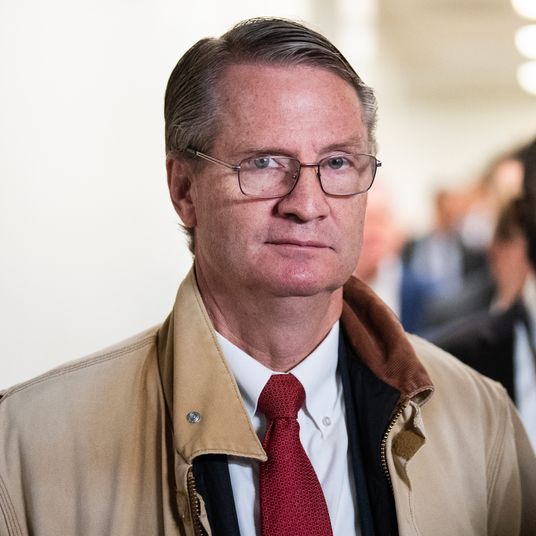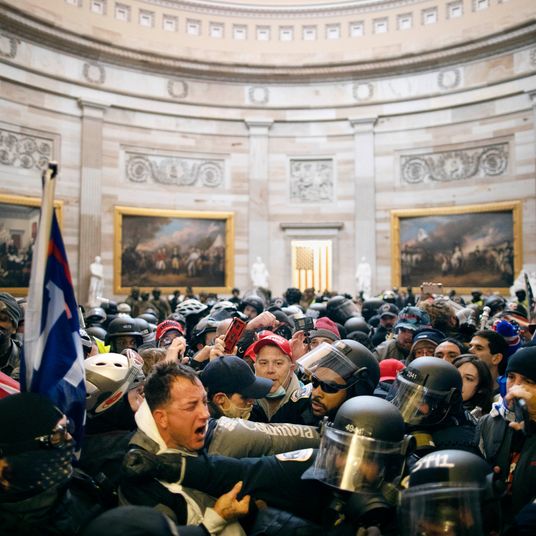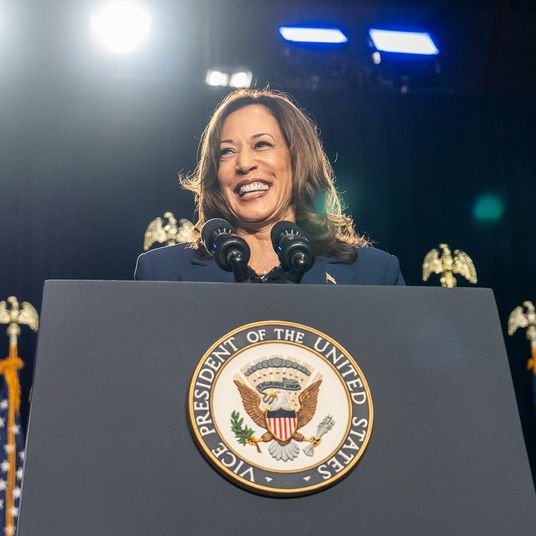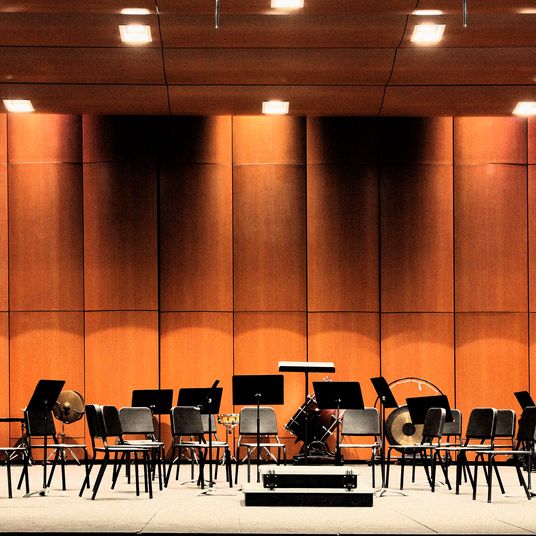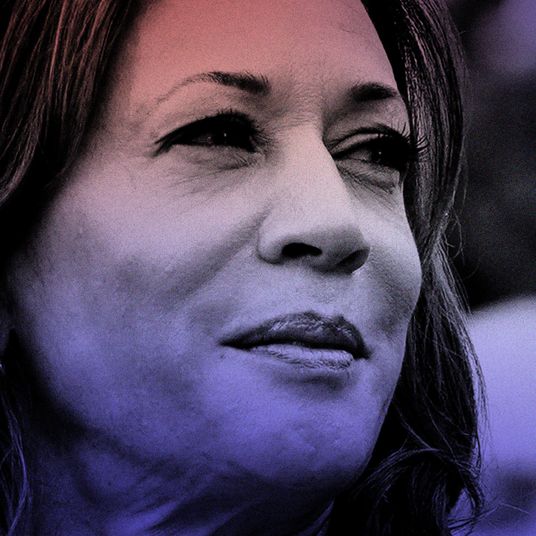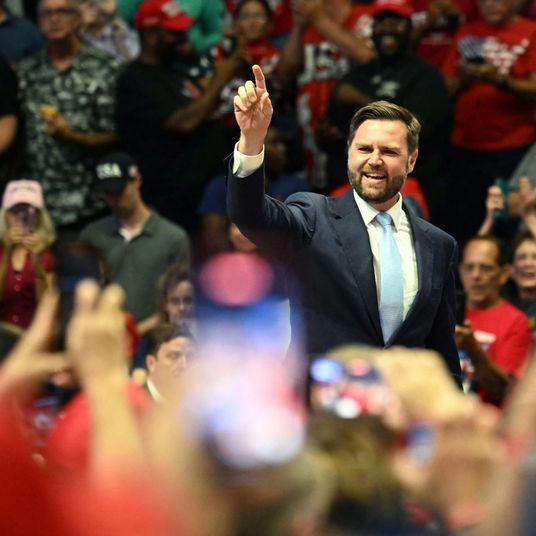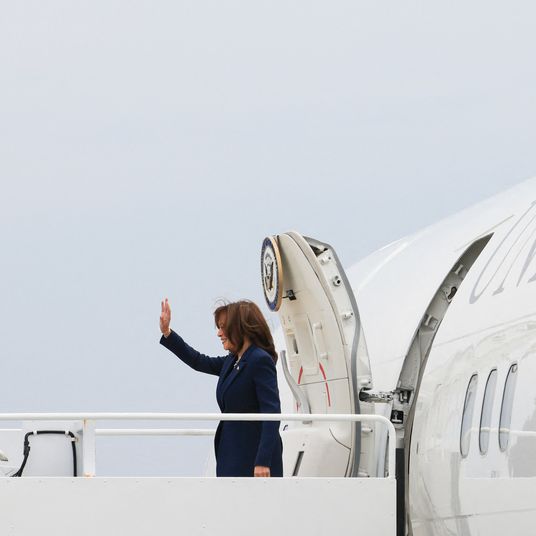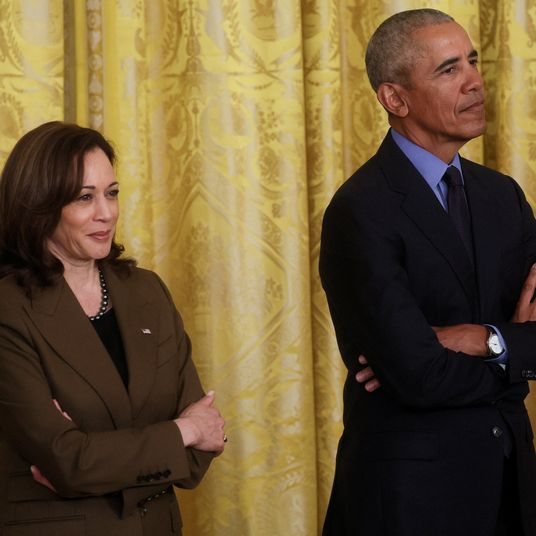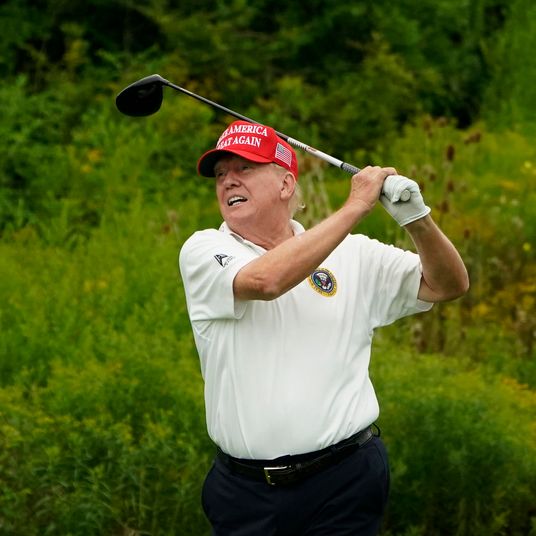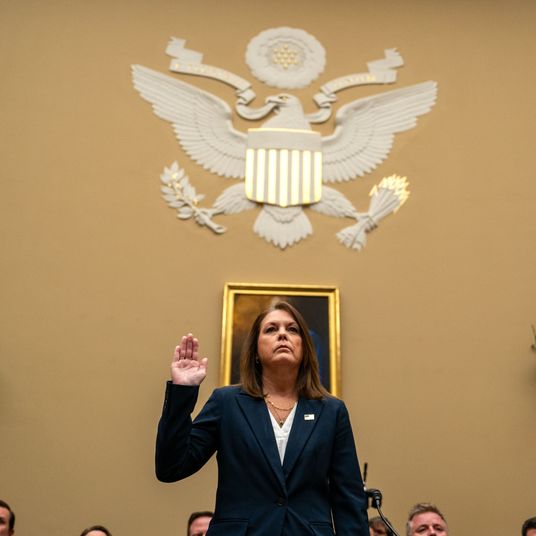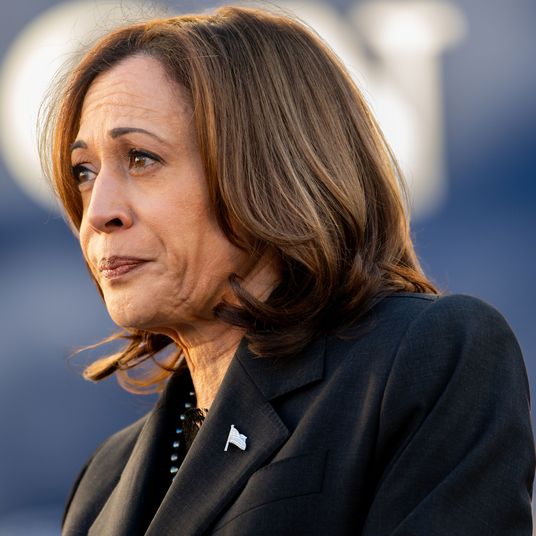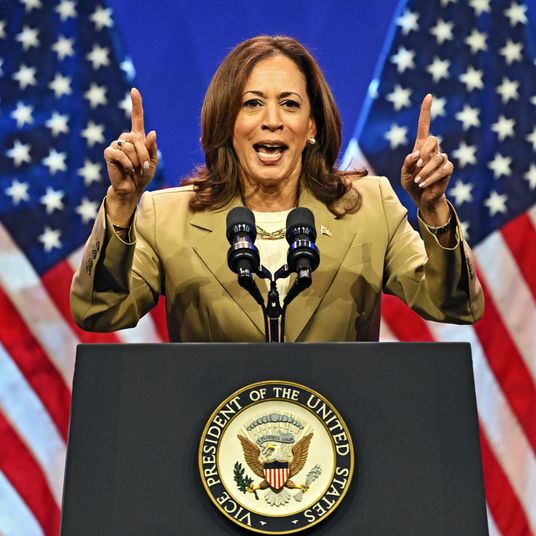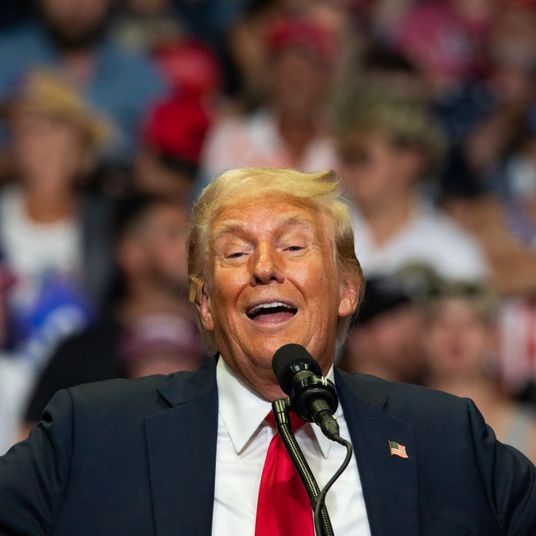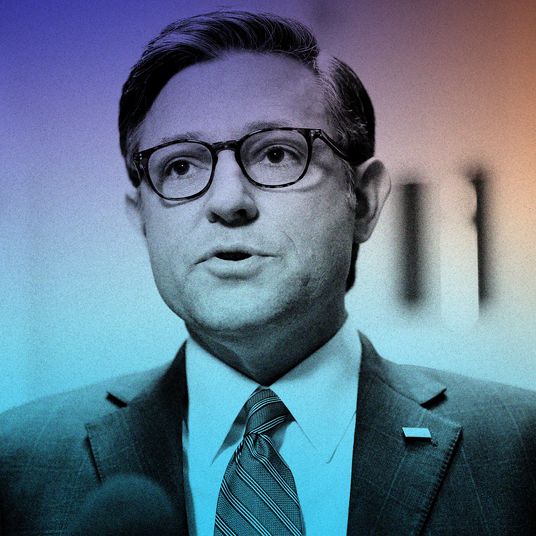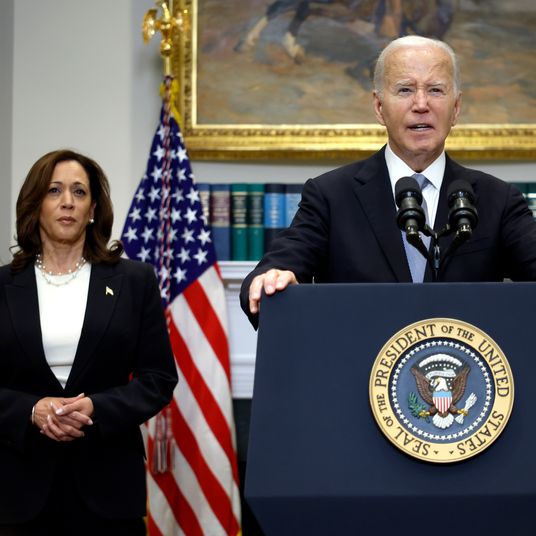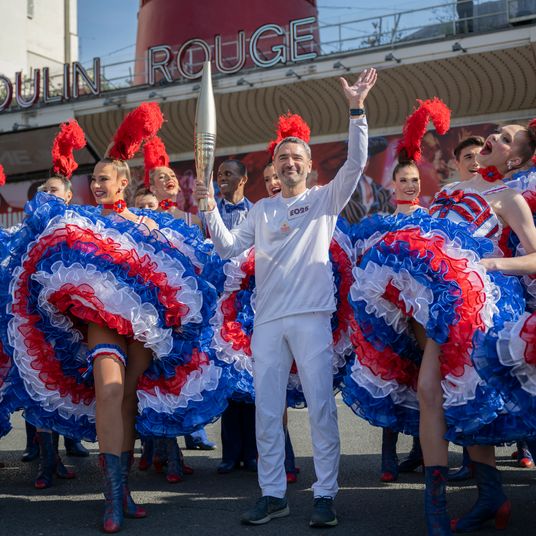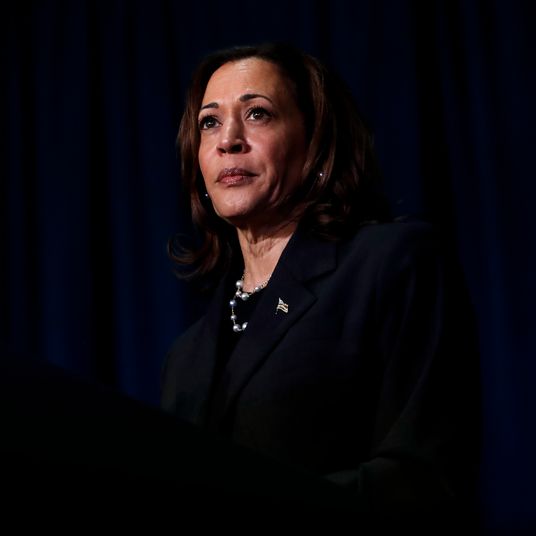
For the last half-decade, the signature buzzphrase of the NBA, which begins a new season on Tuesday, has been player empowerment. Players realized a while back that it’s them, not billionaire owners, who hold all the leverage in the league. Off the court, players have become more outspoken on political and socioeconomic issues, and have forced the league itself to take stances that are outside the NBA’s usual range of comfort. And on the court, they’ve demanded unprecedented autonomy over the arc of their own careers, from which team they play for to how much they get paid, even to how many games they’d like to skip during the season. The NBA became known as the place where players weren’t considered employees of the league; they were considered partners. (Commissioner Adam Silver owed the peace that reigned during his early tenure to his decision to side with players over an owner, something that was almost unheard of in sports.)
As the 2023-24 season tips off Tuesday night, the player empowerment age appears over. Off the court, the majority of players, like the majority of the country’s citizens, have dramatically cut back their public engagement with politics. This is best exemplified by LeBron James dismantling his much-ballyhooed — including, it must be said, by me — More Than a Vote organization, which vowed to fight voter suppression and make activism “part of the architecture of being an athlete,” but which hasn’t sent out a single tweet in nearly two years now. This might change if Donald Trump sews up the Republican presidential nomination next year. It also might not.
Other signs of player empowerment’s decline are more visible. In its purest form, the idea meant that players wouldn’t just take a larger share of their teams’ and leagues’ profits. It meant that they were on the road to becoming fully free-market employees, like most of the rest of us. You and I can sell our skills and employment to whichever company wants to pay us the most, or make our lives the most comfortable and pleasurable. We can — theoretically, at least — live where we want, work where we want, leave our jobs any time we want. NBA players have had no such autonomy, and neither do any other professional athletes, really, in the U.S. Instead, they’ve traditionally been attached for several years to the team that drafted them. They could only leave that team for a competitor that might cobble enough available funds (all under the auspices of a league-mandated salary cap) to pay them. But that salary was almost guaranteed to be under-market. Giannis Antetokounmpo may be worth $200 million to the Milwaukee Bucks, but they couldn’t pay him that much even if they wanted to (and they don’t).
This dynamic had left players without recourse: You played where they wanted you to play, when they wanted you to play, for the salary they offered. But during the player empowerment age, the whole thing flipped. Players were getting big salaries and demanding trades to desired teams, while pushing for more time off during the season (“load management” is the current terminology). And on the whole, they got what they wanted: The Brooklyn Nets were constructed in the player-empowerment molds, as a place for stars to gather, be catered to, and have free rein. And, for the first time, the public seemed to be on the players’ side.
But now, those same Nets have been dismantled, for the same reason they were constructed: Players wanted to be elsewhere, so they just left. And it seems the league has had enough of this kind of thing. The primary storylines heading into the offseason that ends on Monday revolved around the status of two established stars, Damian Lillard of the Trail Blazers and James Harden of the 76ers, demanding trades to the Miami Heat and Los Angeles Clippers, respectively. Both players were under contract and therefore had no actual, legal recourse to go play for their preferred teams. But in a player empowerment era, that shouldn’t have stood in their way: The public pressure wouldn’t be on them to suck it up and play, as it would have been in the past, but for the teams to acquiesce to their wishes. (Harden had to assume this ploy would work: He has personally forced two teams into trading him already.) It didn’t make a lot of sense for the Blazers or 76ers to trade Lillard and Harden to the Heat and Clippers, teams that couldn’t offer the best packages of players in return, but it was still widely assumed that’s where both players would end up anyway. Because in a player empowerment age, players got what they wanted.
But both teams — perhaps sensing the vibe shift coming — dug their heels in, spending the whole summer resisting trading either player to their desired destination. And it sure looks like they played their hands correctly. The Trail Blazers ended up getting the best deal from Milwaukee, where they sent Lillard to play with Antetokounmpo (arguably a better situation for Lillard anyway), and the 76ers still haven’t traded Harden, who threatened not to show up to training camp in protest but relented when he realized he wouldn’t get paid if he didn’t. He will likely still be traded, but if he is, it’ll be to the team who gives the 76ers the best deal, not to the one Harden prefers the most. Notably, the average reaction to these teams waiting the players out has not been “Those big bad front-executive types are trying to keep the players down!” Everyone seems to understand, and even agree, that what the executives are doing is right.
That’s partly because Harden is so uniquely unlikable and unreasonable about his seemingly annual trade demands. But it’s impossible to deny that the NBAis now trying to transition out the brief period during which players, not executives, really ran the show. Almost all its moves of late have been pivots from that era, from the league’s increasing preference against taking strong political stances (perhaps driven by owners) to Silver reminding Harden and Lillard that they had to “honor their contracts” to the addition of an in-season tournament that players actively dislike to the announcement, a fortnight ago, that “science” no longer supported “load management” after all. Big stars naturally liked resting throughout the season to ensure their healthiness for the playoffs. But the practice was increasingly costing the league money with network partners and fans who pay hard-earned money to see marquee talents, not their backups.
Let’s not exaggerate; NBA players will still have more power than their counterparts in other sports, if only because one superstar player can tilt things so dramatically. If Giannis, Joel Embiid or Luka Doncic decide they want to be traded, they will be. But they won’t be able to just dictate the terms of their moves anymore, the way LeBron James has (understandably ) been doing his entire career. They’ll be treated the way every other player in every league is treated: Like an employee under contract who has obligations to the league. There was a time, not long ago, where this sort of thing was seen as an outrage in the NBA, or anachronistic at the least. That was the dawn of the age of player empowerment. But it sure seems like the sun is setting. It sure looks like the power is back with the NBA and its league partners again — where it was probably going to end back up.
More Games
- These Are the First Optimistic Olympics in a Long Time
- Can America Even Get It Together to Host a World Cup?
- The Knicks Finally Have All the Pieces to Win






